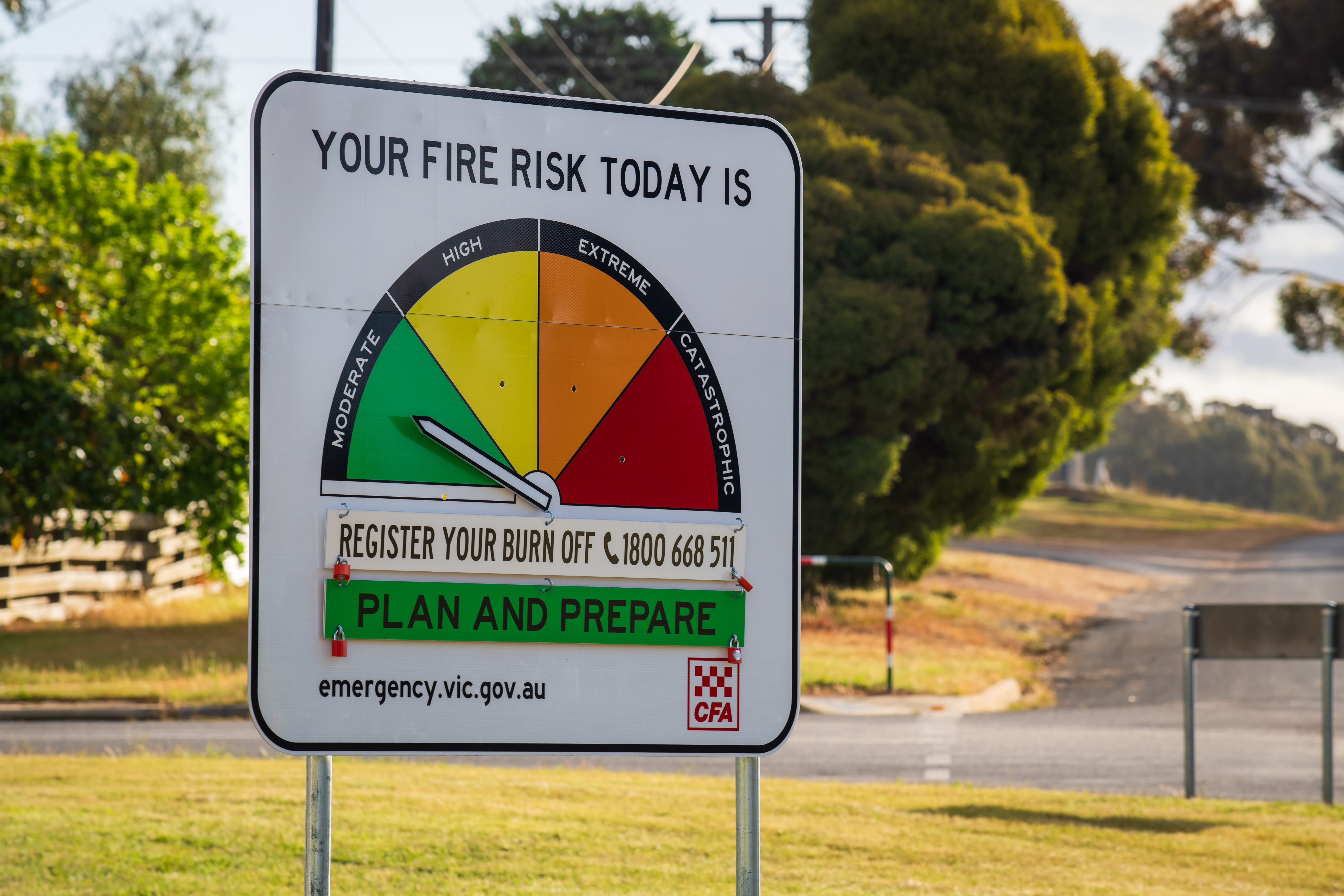Table of contents
Recommended for you

A councils guide to using perception data for better decisons
The reality councils live with everyday
For most residents, their opinion of local government isn’t glowing. They notice the bin missed at collection, the pothole unfilled, or the consultation that went nowhere. Far more than the hundreds of services that run smoothly every week.
Add in a global decline in trust in institutions, a noisy media environment, and growing expectations for councils to deliver services that used to sit with other levels of government and it’s clear... credibility is more fragile than ever.
For council leaders, this means your greatest asset isn’t just your budget, your workforce, or your infrastructure. It’s the trust your community places in you.
.%20The%20other%20side%20has%20many%20invisible%20smooth%20services%20(parks%2c%20libraries%2c%20water%20(1).jpg?width=1472&height=832&name=%E2%80%9CInfographic%20of%20a%20fragile%20scale%20labelled%20Community%20Trust.%20One%20side%20has%20small%20visible%20issues%20(missed%20bin%2c%20pothole%2c%20broken%20swing).%20The%20other%20side%20has%20many%20invisible%20smooth%20services%20(parks%2c%20libraries%2c%20water%20(1).jpg)
Trust is a bank account
- Every time you deliver on a promise, explain a tough decision, or show up consistently - that’s a deposit.
- Every time services fall short, decisions feel opaque, or engagement is tokenistic - that’s a withdrawal.
The challenge is that deposits take time and effort to build, while withdrawals can happen instantly and ripple through teams, media, and communities.
Why this matters more now
Councils are being asked to make more deposits at a time when
- Budgets are capped and stretched. Communities expect more with less.
- Expectations are inflated. Residents want involvement in issues far beyond “rates, roads and rubbish.”
- Scrutiny is higher. Councillors, watchdogs, and media expect defensible, evidence-backed decisions.
- Trust is already low. Many communities start from a place of scepticism, not goodwill.
The truth? Trust is no longer a by-product of good service delivery. It’s a strategic resource councils must manage deliberately and as carefully as their finances.
So how do councils systematically build trust?
Building trust isn’t about doing more engagement. It’s about doing it differently.
- Engage at the right time. The most powerful feedback is often in-the-moment, right after someone has used a facility, experienced a change, or received a service.
(Pro tip: A QR code at the exit of a park can be used to gather quick feedback.) - Be clear about the 'why.' Even unpopular decisions gain respect when communities understand the reasoning.
(Pro tip: Pair explanations with short explainer videos or infographics that show trade-offs in simple, visual terms.) - Close the loop. Saying “we heard you” isn’t enough. Show what changed or explain why it couldn’t.
(Pro tip: Using visual, broad, data-backed evidence of both cost and community impact will help tell a story to the community.) - Listen beyond the loudest voices. Engagement that only reflects the most vocal minority quickly erodes credibility.
(Pro tip: Diversify engagement channels and combine online surveys, pop-up feedback points, and digital forums to reach a broader cross-section of the community.) - Show up in the hard moments. Visibility during challenges, not just at ribbon-cuttings, is where trust is really earned.
(Pro tip: Build regular feedback and communication channels so leaders can spot risks early and respond before issues escalate.)
Each action is a small deposit. Over time, they add up to the balance that helps councils weather controversy or criticism.
Trust is built in cents, but lost in dollars
The councils who will thrive aren’t the ones who never face criticism, they’re the ones who have built up enough credibility that when difficult decisions come, their communities give them the benefit of the doubt.
Because in local government, trust isn’t just nice to have. It’s the most valuable currency you’ll ever hold.




%20(4).png?width=600&height=100&name=Newsletter%20sign%20up%20banner%20(600%20x%20100%20px)%20(4).png)






